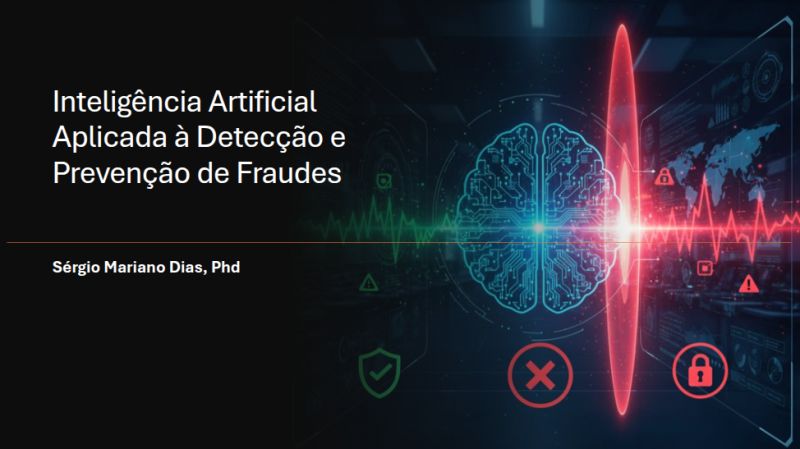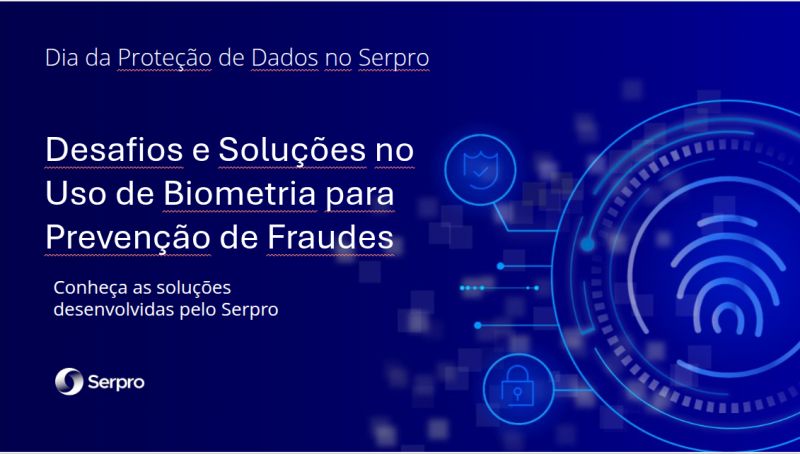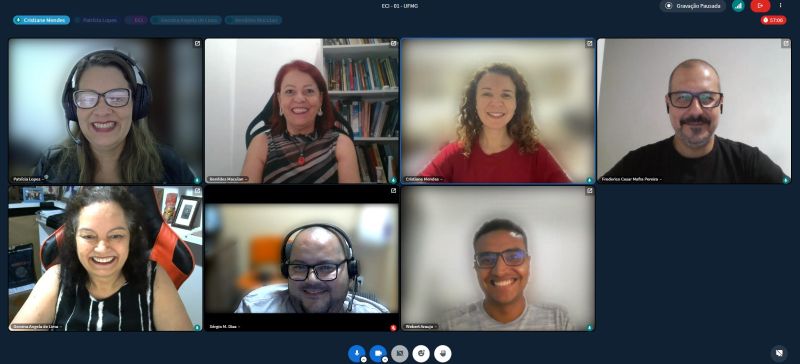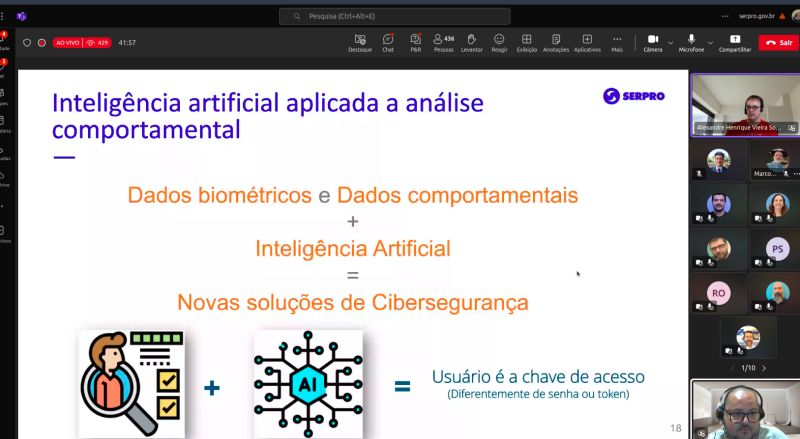https://www.serpro.gov.br/menu/noticias/noticias-2025/siafi-e-ia
Palestras para o #idp (https://www.idp.edu.br/) e #anpei (https://anpei.org.br/).

Facilitador na Deep Techs

Passado, Presente e Futuro: Como a IA Está Redefinindo a Tecnologia Pública com o Serpro

Hoje tive a oportunidade de falar um pouco de #Biometria no evento Dia da Proteção de Dados no #Serpro.

Foi lançado o curso “IA – Aplicações no Governo Federal”, uma iniciativa desenvolvida em parceria com meus colegas do Serpro.
Comissão de Seleção dos Trabalhos do Prêmio Serpro

Banca de defesa da tese de doutorado intitulada “Metodologia para aprendizagem de ontologias: uma proposta no contexto do Governo Eletrônico”

#IA #antifraude! Conheça alguns trabalhos no evento
Apresentei com o colega Alexandre Soares o ‘MeetUp SERPRO’ no tema ‘Antifraude com Inteligência Artificial’.

